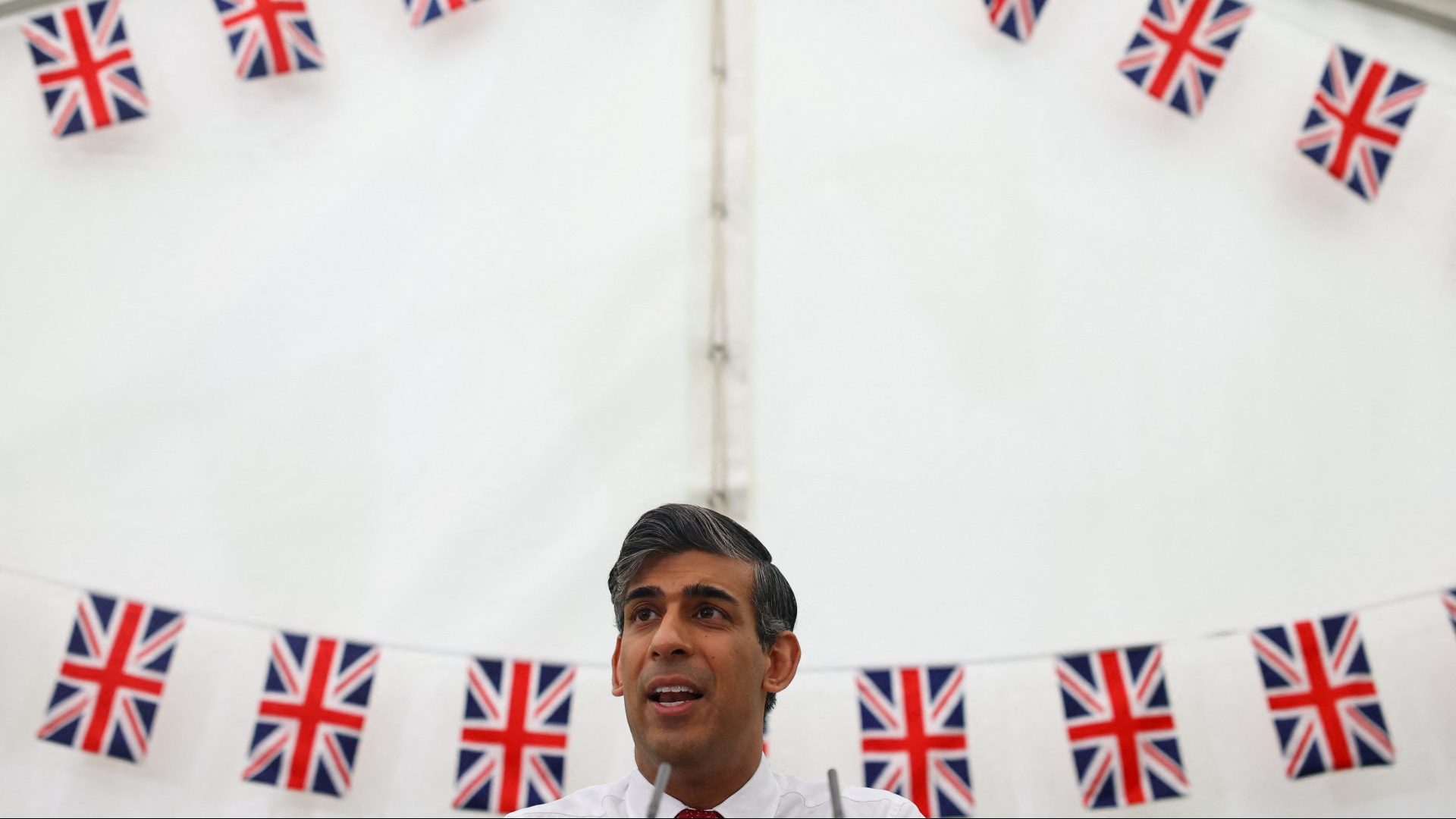When Bill Clinton’s campaign manager James Carville put up that famous sign reminding his team to mention “the economy, stupid”, they were fighting neck and neck with incumbent president George Bush Snr for the White House.
The point of the sign – which also mentioned healthcare and “change vs more of the same” – was that the souring US economy was the story Carville wanted to press on every day of the 1992 campaign. The Democrats did, and the economy dominated the election.
Clinton duly won, although the fact that independent candidate Ross Perot made a strong showing had more than a little to do with Bush losing.
No matter. Ever since, politicians everywhere have assumed that “It’s the economy, stupid” – as the phrase is remembered – is the key to success. But will talking positively about Britain’s economy now work for Rishi Sunak and the Tory Party?
I doubt it. For a start, they are the incumbents, not the challengers and they have 14 years of economic misery to explain away. Child poverty, much higher taxes, low growth, low productivity, crumbling infrastructure, a weakened NHS, and stagnant wages for years are hard to sell as economic successes.
The prime minister seems to be betting the house that a lower-than-expected fall in inflation and a small return to growth after a short recession will be enough to see off a Labour Party that is out of sight in all the opinion polls.
That plan comes with two huge problems for the government.
The first is that the country’s economic performance is still lamentable, with slow growth expected this year and next. This is not exactly the sunlit uplands, the plan that is working or the corner that has been turned. Labour only has to ask “Are you feeling better off?” We all know the answer to that one.
The second is, even if Rishi Sunak can convince the electorate that the economy is the main story, rather than say political scandals, or Tory party chaos, will he get any credit for it?
People have had years of misery – economic shock after economic shock, massive energy bills, wages that have not kept up with inflation. And now the government is trying to convince them that nearly getting inflation back to its target while delivering weak growth is somehow enough to make up for all that.
The desperate and pathetic attempts to claim that the government, rather than the Bank of England, has brought down inflation is an obvious attempt to claim some kind of economic genius for the PM. The next step will doubtless be to claim that lower interest rates are his gift to the nation too, rather than a decision that only the Bank of England can make.
Many people, including myself, think that the country’s truly awful economic performance is already priced-in, so to speak. That the electorate has already made its mind up and that the vast majority of them have decided that the Tory Party has had quite long enough in charge of the economy, thank you very much.
The Conservatives are obviously going to fight to the death, claiming that they and only they are responsible for the small improvement in the economy. But many people will rightly assume that therefore they have also been responsible for the preceding disasters.
Bill Clinton had the luxury of no economic record to defend. Instead, he could point out his opponent’s errors, his tax rises and his economic record; that is why he won.
Going into this election Rishi Sunak looks far more like George Bush than Bill Clinton.










